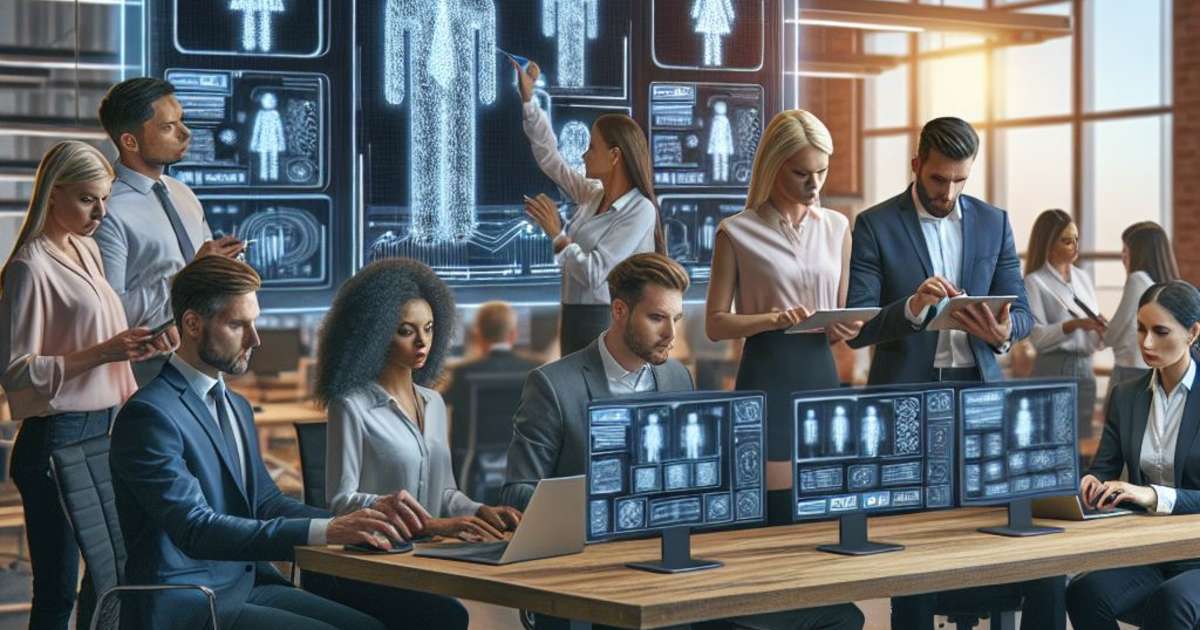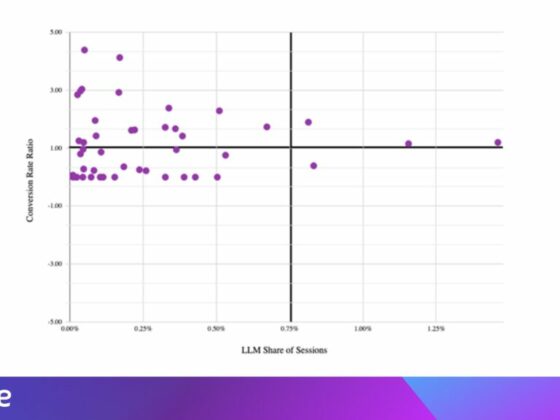
Artificial intelligence (AI), particularly the widespread adoption of generative AI (GenAI), is rapidly transforming the way organizations manage their workforce. Organizations are at a critical point where they must assess the transformational changes that AI has brought to human resources (HR). HR professionals must understand their new roles in organizations as AI becomes more essential at work.
The Research
To reflect on AI’s disruptive influence on the HR profession, I collaborated with Dr. R.L. Fernando Garcia on a critical reflection paper to answer three research questions:
RQ1. What significant changes has AI brought to various HR functions?
RQ2. How can HR professionals sustain their critical role in the organization when AI is transforming traditional HR functions?
RQ3. What research questions can be addressed to support organizations and HR professionals in a new GenAI-empowered work environment?
In our recent article published in the International Journal of Contemporary Hospitality Management, we reflected on AI’s revolutionary changes in HR to answer the three guiding questions above. In this highlight, I only focus on RQ1 — AI’s impacts on HR functions.
A Critical Reflection Across Six Stages of the Employee Lifecycle
We took the critical reflection approach to answer the research questions. That is, we drew our conclusions based on our review of purposefully selected literature and industry reports, as well as our personal and professional experiences. We analyzed AI’s impacts across the six stages of the employee lifecycle: talent acquisition, onboarding, training and performance, retention and well-being, separation and offboarding, and strategic HR functions.
The Findings
Our critical reflection reveals that AI is not only streamlining existing HR work but also creating entirely new responsibilities for HR professionals. Specifically, we identified the tasks that AI can outperform humans, the new roles that emerged because of AI integration, and the areas where AI cannot easily replicate humans.
- Automation of repetitive tasks – AI, particularly GenAI, has the potential to handle tasks such as resume screening, payroll processing, and compliance reporting faster and more consistently, relieving HR professionals of these routine responsibilities.
- Emergence of new duties – HR professionals are being asked to supervise AI platforms, manage data ethics, and ensure fairness in AI-driven decision-making.
- Resilience of human-centered roles – Tasks that require cultural sensitivity, ethical judgment, empathy, and conflict management remain difficult for machines to replace, underscoring the continued importance of these human skills in the workplace.
How Can HR Professionals Remain Competitive and Relevant?
The winners will be those who adapt by combining technological fluency with uniquely human skills. Please stay tuned for the next update about our detailed answers to RQ2 – How can HR professionals sustain their critical role in the organization when AI is transforming traditional HR functions?
Now, let’s reflect on AI’s impacts on our work together. Which HR tasks in your organization could be safely delegated to AI, and where must human oversight remain central? How about in other areas than HRM? How worried do you feel about AI replacing workers in your organization or profession?
Linchi Kwok
Professor at The Collins College of Hospitality Management, Cal Poly Pomona
CAL Poly Pomona






